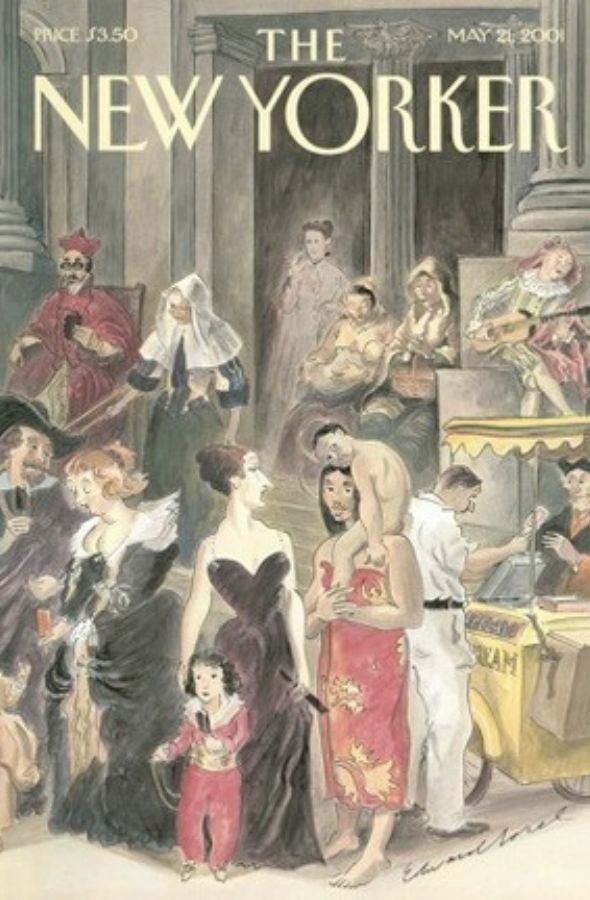It has been quite some time since I last reviewed one of Ishiguro’s works here on The Steady Read, and I think A Village After Dark was a bad place to jump back in.
This short story seems enigmatic. I cannot find a single scrap of definitive information on when it was published, where it was published, or even why Ishiguro wrote it. Additionally, I can barely decipher its message or story—it seems devoid of context and weight, whilst also remaining vague and largely intangible—making its purpose and existence confusing.
The story follows Fletcher, a travelling middle-aged man who has not aged gracefully, being likened to a tramp. Despite being on the move and having some unclear motive in mind, his age has caught up to him, marring his memories and making him easily disorientated as he returns to the decrepit, tiny English village from his childhood. He feels about as lost within this old village as the reader does while trying to piece the plot of this story together, alongside figuring out who Fletcher is or was.
This muddled narrator, from some unspecified reason, seems to have been an influential and well regarded man in his youth. The reader is never told exactly what he did or why he had such an allure, or even what his other groupies or members did, too. He is almost a complete mystery of a man. At best, it seems to have some sort of political connotation, as though he was a leading figure or politician of sorts, but that is just my personal speculation.
All we do know is he was a bully during his school days when he lived in Canada, exerting his confidence and bigger build to pick on particular people who, in turn, seemed to admire or respect him. The relevance of this? I’m not really sure. In fact, I’m not too sure about anything in this short story, hence my low rating of it.
Perhaps it is a commentary on age, or how one ages? I suspect Ishiguro, in some very roundabout manner, is trying to insist that our actions catch up with us, that karma somehow prevails, or that we cannot ride the waves of notoriety and others’ admiration forever. Or, maybe—just maybe—I’m too dense to figure this story out and there is some context or answer I am missing that could change my opinion of this undeveloped story.
Either way, I cannot definitively source where one can even legitimately read or purchase A Village After Dark. The earliest and most credible appearance of this short story seems to be from a The New Yorker collection in 2001, but I randomly discovered it as a free e-book online. Considering that it is very vague with no impactful moments, alongside being about a dozen pages long, I think Ishiguro fans would not be missing out by skipping this short story.
The biggest positive of this short publication was its occasional ability to establish a dark, unsettling, and claustrophobic atmosphere; the unnerving passive-aggressive hostility and weirdness of the villagers was also notable in how it stirred up some much needed suspense. However, for what it does establish or do well, its vagueness and lack of world building make it hard for readers to accurately picture scenes or the village itself, not to mention the characters who have paper-thin backstories and relationships. It had the potential to be interesting, but since we cannot attach ourselves to Fletcher or empathise with him, we have minimal ability to care about the world in which he lives.
It is strange to see such a middling piece of writing from a fantastic author. Not to be too meta or self-aware, but does this even count as a review? Can I even review a story that seems to be almost nonsensical? Even the dreamlike nonsense of People From My Neighbourhood made more sense, despite not trying to!
Again, it is plausible that I am missing context or the entire point of A Village After Dark and will some day feel like a fool when I figure it out. Until then, the purpose or reason for the existence of this short story eludes me. It doesn’t really read or feel like an Ishiguro piece, either, more like an imitation of his writing without that interesting edge that makes his novels so investing.

Leave a Reply